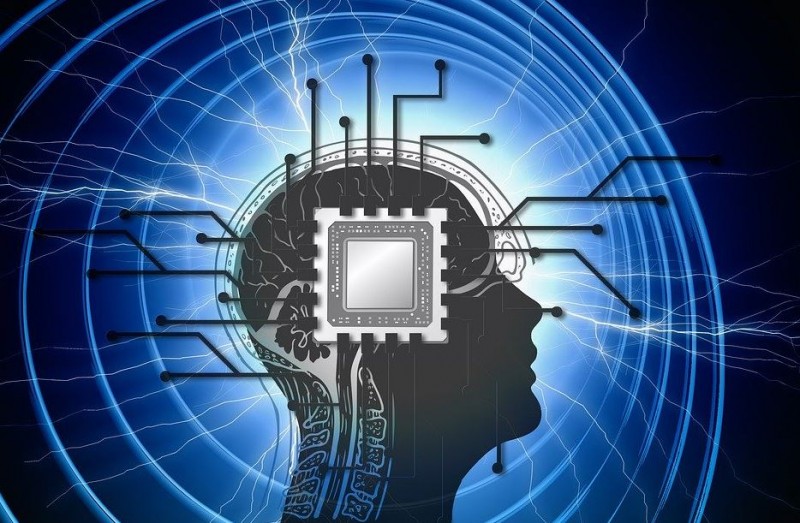
In today's fast-paced world, technology is advancing at an unprecedented rate. One of the most exciting developments in recent times is Brain-Computer Interfaces (BCIs), which hold immense potential for revolutionizing human-computer interaction. BCIs establish a direct communication pathway between the human brain and external devices, enabling users to control computers, prosthetics, or even smart home devices with their thoughts. This article delves into the intriguing world of Brain-Computer Interfaces and explores how they are shaping the future of human-computer interaction.
Understanding Brain-Computer Interfaces (BCIs)
What are Brain-Computer Interfaces?
A Brain-Computer Interface (BCI), also known as a Brain-Machine Interface (BMI), is a communication system that connects the brain to an external device. It allows bidirectional information flow, enabling the brain to send commands to the device and receive feedback from it.
How do BCIs Work?
BCIs rely on advanced neuroscience, machine learning, and signal processing techniques. They detect and interpret brain signals, known as neural patterns, through various non-invasive or invasive methods, such as electroencephalography (EEG), functional magnetic resonance imaging (fMRI), or neural implants. The interpreted signals are then translated into commands for the external device.
Applications of BCIs
The potential applications of BCIs are vast and diverse:
1. Assistive Technology and Medical Applications
BCIs hold incredible promise for individuals with physical disabilities, allowing them to regain control of their environment. They can control prosthetic limbs, wheelchairs, or robotic exoskeletons through their thoughts, significantly improving their quality of life.
2. Communication
BCIs offer a lifeline to individuals with severe communication impairments, such as locked-in syndrome or advanced stages of amyotrophic lateral sclerosis (ALS). These interfaces enable them to express their thoughts and interact with others.
3. Gaming and Entertainment
Imagine playing a video game or navigating a virtual reality world using only your thoughts. BCIs have the potential to revolutionize gaming and entertainment experiences, providing unparalleled immersion.
4. Cognitive Enhancement
Researchers are exploring BCIs for enhancing cognitive abilities. They may facilitate learning, memory recall, and information processing, benefiting both students and professionals.
The Advancements in BCI Technology
Non-Invasive BCIs
Non-invasive BCIs, such as EEG-based systems, are external and do not require surgery. They utilize electrodes placed on the scalp to detect brain signals. Although non-invasive BCIs are more user-friendly, they generally offer lower resolution and are susceptible to noise interference.
Invasive BCIs
Invasive BCIs involve the implantation of electrodes directly into the brain tissue. These devices provide higher accuracy and data resolution, making them ideal for complex tasks. However, they carry surgical risks and ethical considerations.
Hybrid BCIs
Hybrid BCIs aim to combine the advantages of both non-invasive and invasive approaches. They may use surface EEG electrodes for general control and invasive implants for fine-tuned tasks, striking a balance between usability and precision.
Challenges and Future Implications of BCIs
Data Security and Privacy
As BCIs directly tap into the human brain, ensuring the security and privacy of the collected data becomes crucial. Developers must implement robust encryption and protective measures to prevent unauthorized access.
Ethical Considerations
With BCIs advancing rapidly, ethical questions arise concerning cognitive enhancement, potential misuse, and equitable access to this technology. Addressing these issues is essential to maximize the benefits of BCIs while minimizing potential harm.
Training and Calibration
BCIs often require extensive training to establish effective communication between the brain and the external device. Improving training protocols and calibration processes will enhance user experience and reduce frustration.
Brain-Computer Interfaces represent a remarkable leap forward in human-computer interaction, offering unprecedented possibilities for people with disabilities, medical conditions, or anyone seeking to augment their cognitive abilities. As technology continues to evolve, BCIs will become more accessible, efficient, and seamlessly integrated into our daily lives, transforming the way we interact with the digital world.
Augmented Reality in Healthcare: Transforming Medical Practices
Revolutionary Inventions: How Science has Transformed the World
The Rise of Digital Nomads: How Technology is Changing the Way We Work